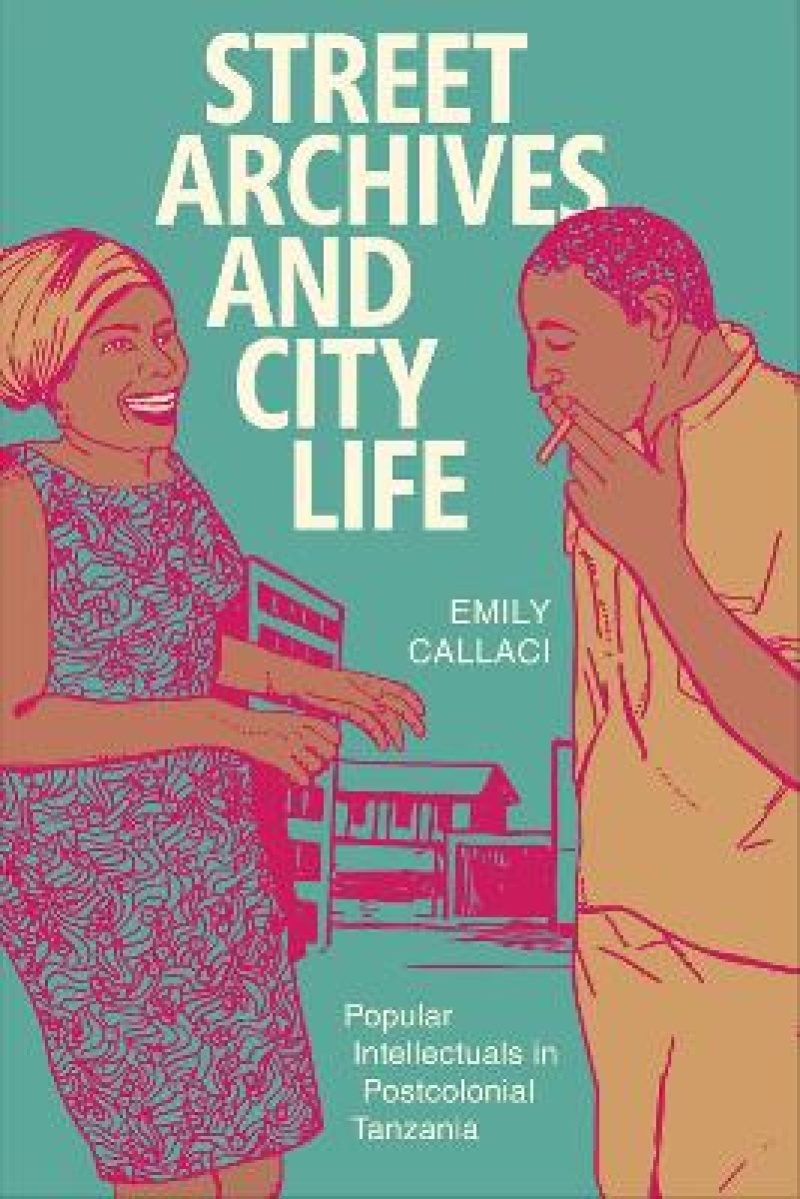"A brilliant book. . . . Callaci’s original approach enables readers to better understand the making of urban life beyond colonial and postcolonial cities. . . . She does this in such a way that the reader is engrossed by novelty and guided by a sense of theoretical clarity." - Patrick Hege (H-Soz-Kult, H-Net Reviews) "Explores a variety of texts-didactic booklets aimed at young women, pulp fiction novellas, and song lyrics . . . A notable strength of the book is its treatment of these sources not only as reflective and productive of a particular moral imagination but also as inextricably entangled in the making of material gender positionalities through the material and reputational economies involved in the creation of these texts. . . . A valuable contribution to the historiography of this well-studied city [Dar es Salaam] and its inhabitants." - Leander Schneider (American Historical Review) "Callaci has provided an excellent exploration of a crucial aspect of Tanzanian history and urban studies, and in the process, she creates a model for scholars seeking a broad understanding of African city dwellers and communities. This volume will be valuable reading for upper division students as well as graduate students and scholars in history, African Studies, post-socialist studies, urban studies, qualitative sociology, and anthropology." - Anne S. Lewinson (International Journal of African Historical Studies)
Introduction 1
1. TANU, African Socialism, and the City Idea 18
2. "All Alone in the Big City": Elite Women, "Working Girls," and Struggles over Domesticity, Reproduction, and Urban Space 59
3. Dar after Dark: Dance, Desire, and Conspicuous Consumption in Dar es Salaam's Nightlife 102
4, Lovers and Fighters: Pulp-Fiction Publishing and the Transformation of Urban Masculinity 141
5. From Socialist to Street-Smart: A Changing Urban Lexicon 180
Conclusion 207
Notes 215
Bibliography 253
Index 277
